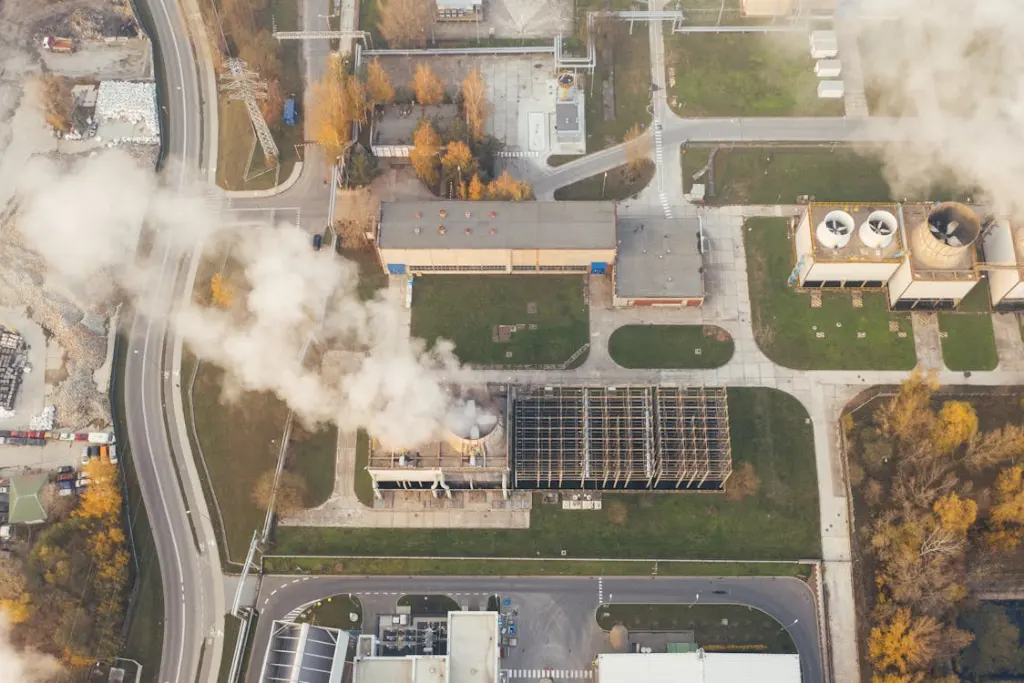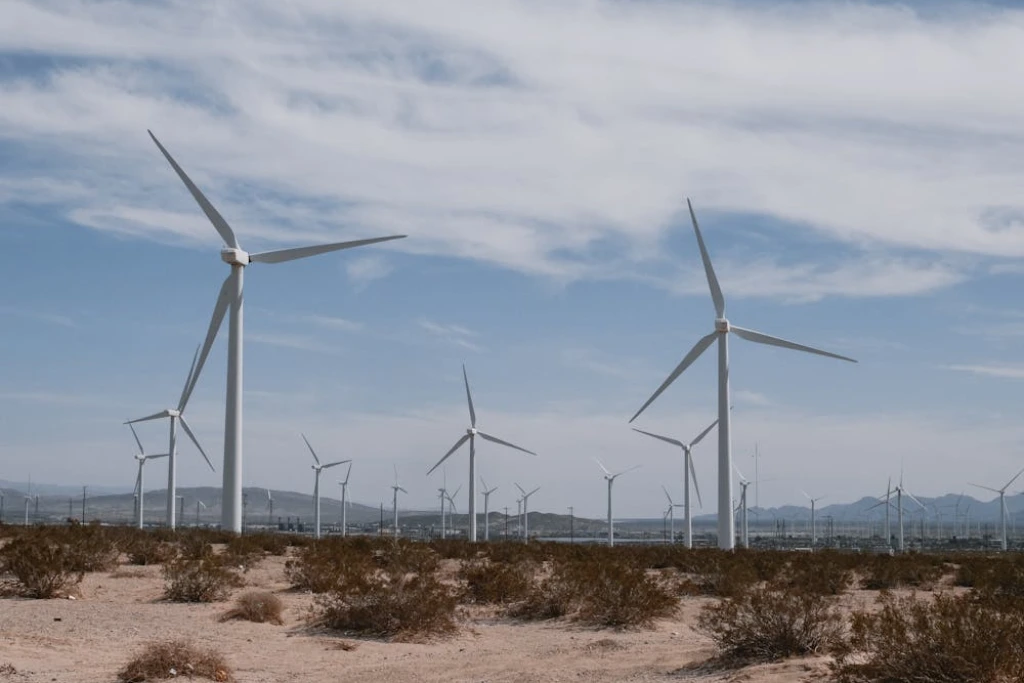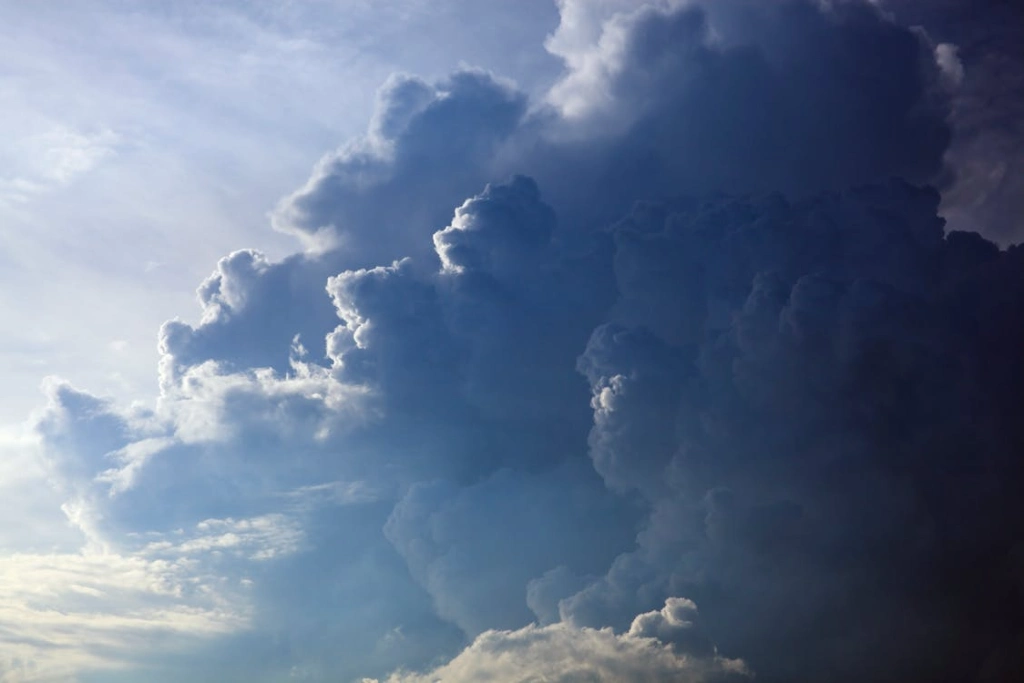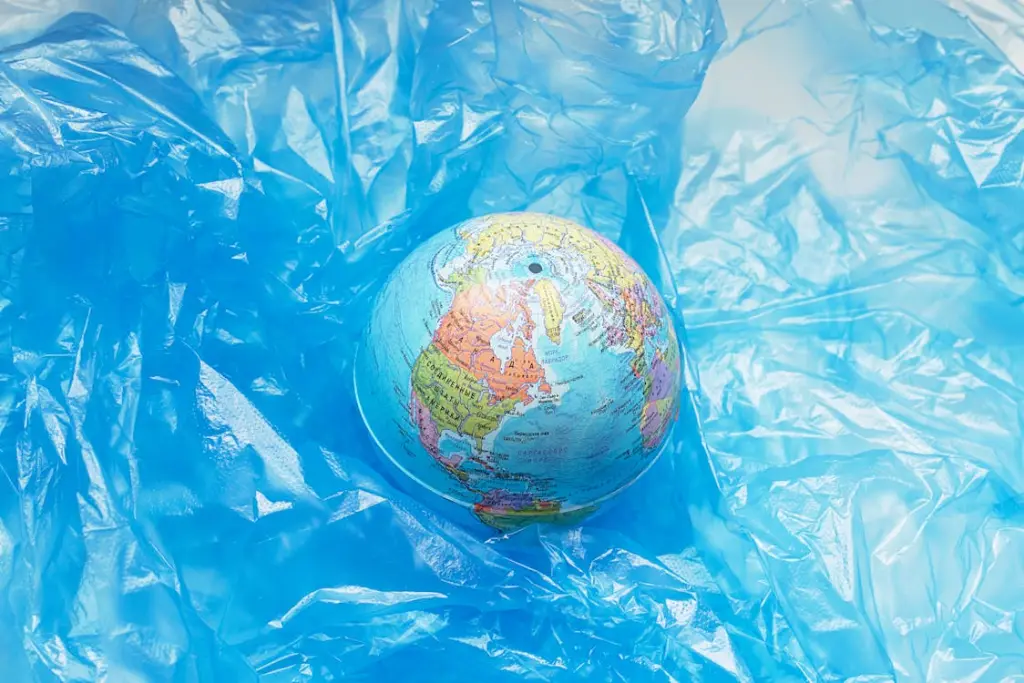One of the most urgent issues confronting our planet right now is climate change.I am sure you have heard the term a million times, but what does it meanWhy should you worry about it, and why is it happeningThe fundamentals of climate change are explained in this approachable manual, including what it is, what causes it, and how it affects life on Earth.
Climate Change: What Is It?
Longterm changes in temperatures and weather patterns that are mostly brought on by human activityparticularly the combustion of fossil fuels like coal, oil, and gasare referred to as climate change.Although Earth’s climate has always been impacted by natural processes like solar cycles and volcanic eruptions, the current changes are occurring at a never-before-seen pace and scale.
The Greenhouse Effect: An Erroneous Natural Process
Through the greenhouse effect, the Earth’s atmosphere naturally retains part of the sun’s heat, keeping the planet warm enough to sustain life.However, by releasing too many greenhouse gases into the atmosphere, such as carbon dioxide (CO₂), methane (CH₄), and nitrous oxide (N₂O), human activity has exacerbated this effect.
Global temperatures rise as a result of these gases’ increased ability to trap heat.This process, which is only one facet of larger climate change, is frequently referred to as global warming.
What Is The Cause?
The following are the primary causes of climate change:
Fossil fuel combustion for transportation, heating, and power
Reduced capacity of the planet to absorb CO₂ due to deforestation
Methane and nitrous oxide are produced by industrial agriculture and livestock farming.
Waste, such as pollution from landfills and inadequate waste management
When combined, these actions raise the atmospheric concentration of greenhouse gases, trapping more heat and upsetting the planet’s climatic systems.
What Impact Does It Have On Us?
Every region of the world—and every facet of our lives—is impacted by climate change. Among the significant repercussions are:
Increased heatwave frequency and rising temperatures
Sea levels are rising as a result of glaciers and ice caps melting.
More worse natural catastrophes, such as wildfires, storms, floods, and droughts
biodiversity threats, with many species finding it difficult to adapt
Food and water instability due to crop failure and drying up water supplies
Risks to health, such as respiratory conditions, illnesses brought on by the heat, and disease transmission
Even though you are not experiencing the effects right now, they are already changing communities, businesses, and ecosystems all around the world.
The Science’s View
Human activity is the primary cause of climate change, according to the vast majority of climate scientists.According to reports from the Intergovernmental Panel on Climate Change (IPCC), in order to prevent the worst consequences, global warming must be kept below 1.5°C over pre-industrial levels.
The planet has already warmed by roughly 1.2°C, and there is not much more time left.
What Are Our Options?
Even while climate change affects the entire world, both individual and group efforts have an impact. This is how you can assist:
- Reduce energy use by switching to renewable energy sources when feasible, utilizing energy-efficient equipment, and shutting off lights.
- Reduce your driving or use public transportation, bicycles, or electric cars instead.
- Consume more plant-based foods because the manufacturing of meat contributes significantly to emissions.
- Encourage replanting and preserve green areas.
- Choose representatives and policies that put climate action first.
- Raising awareness is the first step toward change, so educate yourself and others.
The Bottom Line
Climate change is a human problem as well as an environmental one. It impacts our future, food, water, safety, and health. The first step to taking effective action is to grasp the fundamentals.We can all contribute to the creation of a more sustainable world by demanding systemic change and making educated decisions.
Now is the moment to take action. The earth depends on us.




